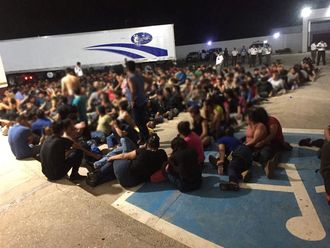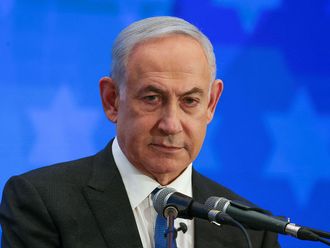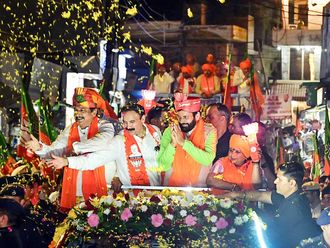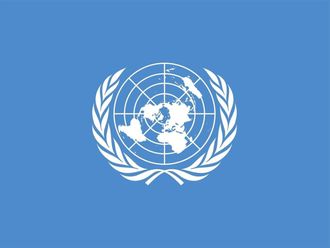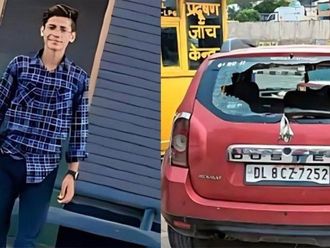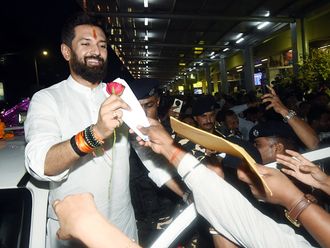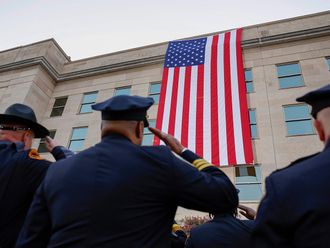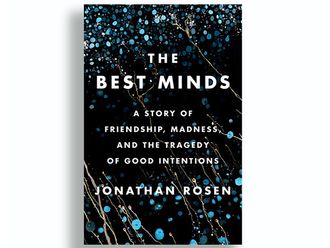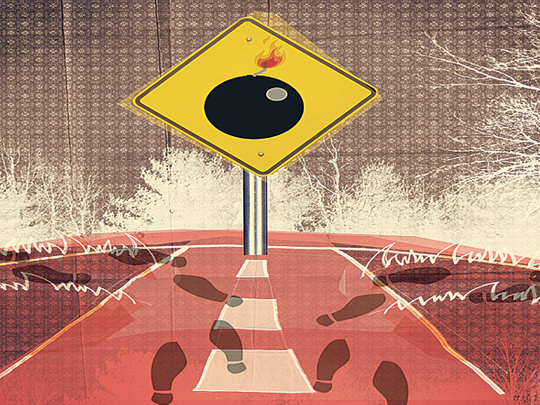
A couple of years ago when President George W. Bush visited New Delhi, he commended Prime Minister Manmohan Singh, saying that here was a person who had no Taliban in his country. This was not really true, even at that time. The then security advisor, M.K. Narayanan, said that he had his fingers crossed because the terrorists could strike anywhere at any time.
Yet what was true was that the terrorists came from elsewhere and India had no sleeper cells of its own. At least, that was the impression then. A bomb blast in Pune a week ago has confirmed that India does have its own terrorists. They call themselves the Indian Mujahideen, so as to differentiate themselves from those in Pakistan.
I suspect that New Delhi knew about their presence even when the terrorists attacked Mumbai in November 2008. But the government considered it prudent not to mention the Indian Mujahideen because all fingers were pointed at Pakistan. Islamabad was embarrassed by the disclosure that some of the terrorists who were involved in the Mumbai carnage operated from its soil. However, Islamabad pressed New Delhi for information on Indian terrorists but got no response.
Newfound openness
The Pune blast has made New Delhi change its policy of keeping silent on the subject of Indian terrorists. It has admitted that sleeper cells are present in every big city in the country. For some reason, the government has no hesitation in saying that the Indian Mujahideen are behind the terrorist activity in India. There should be more information available.
My objection is against coming to certain conclusions without much evidence. New Delhi may be correct in its assessment that the Lashkar-e-Taiba is guiding the Indian Mujahideen from across the border. But it is quite possible that they have their own leaders to instruct them from within the country. There is also the involvement of David Headley, a US national, who India is trying to interview — but Washington is not allowing it. New Delhi deflects attention from terrorism when it raises the subject of Pakistan. People get involved in anti-Pakistan rhetoric and lose perspective.
The real problem facing India is the growth of domestic terrorism. The youth are being brainwashed by extremists. That Pakistan is drowned in terrorism is a cause for concern because it is bound to flow into India sooner rather than later. Had the two countries joined hands to fight the problem, people on both sides would have heaved a sigh of relief. But mistrust has again got in the way. Most Indians allege that Pakistan is involved in terrorism. But it looks like the government of India now wants concrete evidence before putting the blame on Pakistan.
More worrisome is that the Hindu Taliban is rearing its head in India. The murder of police officer Hemant Karkare, who might have been ready to make disclosures about the Malegaon blasts, was the doing of the Vishwa Hindu Parishad or the Bajrang Dal. The fact that the Rashtriya Swayamsevak Sangh (RSS) has control of these groups endangers India's secular ethos.
After the Pune blast, I thought the consideration of peace and harmony would bring all parties together. Unfortunately, the Bharatiya Janata Party (BJP) was the first to politicise the blast. It criticised the government for not doing enough to make people feel safe. No doubt, the government should be doing more to combat terrorism. But this does not mean that the BJP should refuse to cooperate with the government.
For the BJP to link the Pune blast with the talks between the foreign secretaries of India and Pakistan is unnecessary. Terrorism endangers the entire region. Talks on the subject have to be given priority. But whenever talks between India and Pakistan are held, the BJP reiterates its one-point programme: anti-Pakistan.
The terrorists struck at Pune just as talks are imminent. During the days of Atal Bihari Vajpayee, the BJP hawks were reined in by his foresight to reach an understanding with Pakistan. After his retirement, the RSS has voiced its aggressiveness through the BJP.
Sabotage
I recall when I was travelling with then prime minister Vajpayee in his bus to Lahore he called me before we reached the border. He showed me an urgent message on the killing of 11 Hindus in the Jammu region. He said some people, even in his own party, would criticise him for going ahead with the visit despite the killings. Yet he completed his mission. It was obvious to him that what happened in the Jammu region was meant to derail the talks.
The Pune blast was similarly motivated. New Delhi said rightly within an hour of the blast that it would not react in a knee-jerk manner. The important thing is to continue talking. There is no alternative to dialogue. The US and the Soviet Union kept talking throughout the Cold War. India and Pakistan should follow this example.
Kuldip Nayar is a former Indian High Commissioner to the United Kingdom and a former Rajya Sabha member.


